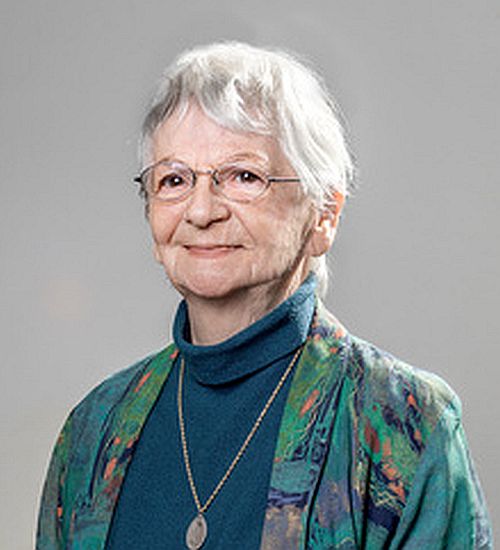In the Network of Generations of the City of Mülheim an der Ruhr / Germany regularly 500 Citizens meet each other to exchange Ideas.
In six of the nine districts have been since 2009 working groups of the network in which meet regularly engaged citizens . It is open to all citizens , volunteers and also for professional participants to make many contacts among people.
The starting point was a recommended action for an age – friendly city , which was created by the University of Dortmund, Department of Gerontology about five years ago.
Hence , the network has developed. Coordinator is Jörg Marx of the city administration. The goal of the working groups is to create especially for the elderly , but not only for them , a livable environment in the various districts , also influenced by the idea: How does our city look like in 2030 , if there are more and more old people.
Since the districts and the neighbourhoods all have different structures , the priorities are different. Four action fields apply to all working groups:
– Health and care
– Communication and participation
– Living and Culture
– Education, Leisure and Sport
Im Netzwerk der Generationen der Stadt Mülheim an der Ruhr/Deutschland treffen sich regelmäßig 500 Bürger zum Ideenaustausch
In sechs von den neun Stadtteilen gibt es seit 2009 Arbeitsgruppen des Netzwerkes, in denen sich regelmäßig engagierte Bürger treffen. Es ist offen für alle Bürger, für ehrenamtliche und auch für professionelle Teilnehmer, um viele Kontakte unter den Menschen herzustellen.
Ausgangspunkt war vor ca. fünf Jahren eine Handlungsempfehlung für eine altersgerechte Stadt, die von der Universität Dortmund, Abteilung Gerontologie erstellt wurde.
Daraus hat sich das Netzwerk entwickelt. Koordinator ist Jörg Marx von der Stadtverwaltung. Das Ziel der Arbeitsgemeinschaften ist es, besonders für Alte, aber nicht nur für sie, ein lebenswertes Umfeld in den einzelnen Stadtteilen zu schaffen, beeinflusst auch von der Idee: Wie sieht unsere Stadt 2030 aus, wenn es immer mehr Alte gibt.
Da die Stadtteile alle unterschiedliche Strukturen haben, sind auch die Schwerpunkte unterschiedlich. Vier Wirkungsfelder gelten für alle Arbeitsgemeinschaften:
– Gesundheit und Pflege
– Kommunikation und Partizipation
– Wohnen und Kultur
– Bildung, Freizeit und Sport



